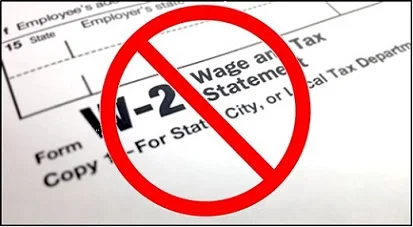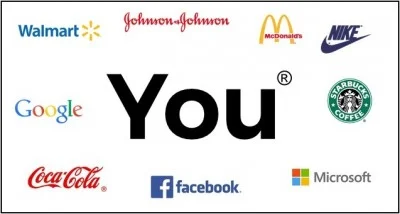How to Get Your Client to Pony Up and Pay
/Sometimes, no matter how many times you remind a client to pay you, they still don’t send the money. Your client might give all sorts of excuses, or worse, they stop replying to you at all.
Whether it’s $5,000 or $500,000, it’s still worth taking the time to get the money you deserve, and you may not even need to hire a lawyer or collections agent. Based on personal experience, here are some things you can do on your own.*
Read More



















